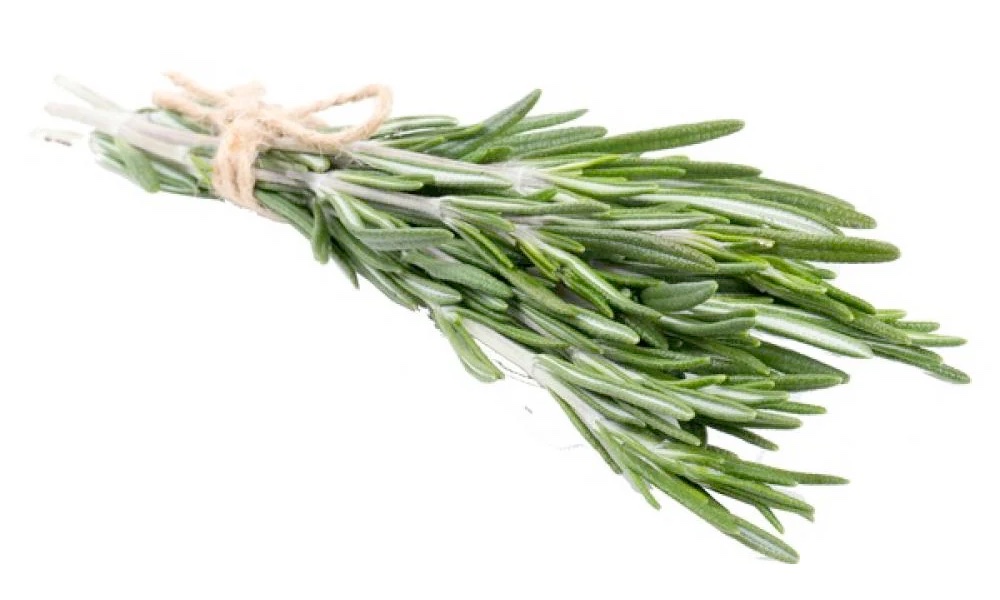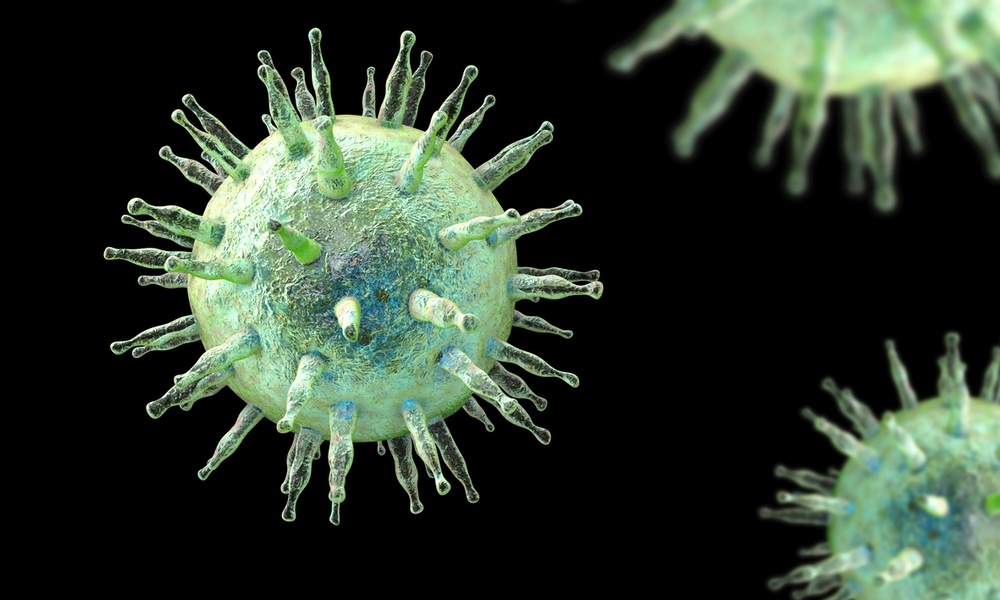Carbohydrates make up about 50 percent of the energy in the American diet. Most of the carbohydrates people eat, however, come from refined carbohydrates including starchy vegetables such as potatoes, refined grains and added sugar — think French fries, hamburger buns and cookies, for example.
Only about eight percent of the carbs we eat are high-quality, unrefined carbohydrates. They come from sources like whole fruits, non-starchy vegetables such as broccoli and eggplant, legumes (beans and lentils), whole grains such as quinoa and farro, as well as some brown rice.
The difference is significant because the quality of the carbohydrates we eat has a long-term effect on our health, according to a study by researchers from Tufts University and the Harvard T.H. Chan School of Public Health. The kinds of carbs we choose to eat — whether we order fries or salad, eat whole fruit or fruit-filled pastries — affect our health as we age.Total carbohydrates, high-quality carbohydrates and total dietary fiber were associated with a six percent to 37 percent increase in the odds of healthy aging overall.
The authors analyzed women's health across four domains: the absence of 11 major chronic diseases, good physical and mental health and cognitive function.
Rather than study the immediate effects of carbohydrates, the researchers wanted to know how these macronutrients may affect health 30 years down the road, Andres Ardisson Korat, lead author of the study, told TheDoctor.
The results showed that total carbohydrates (instead of fat or protein), high-quality carbohydrates (not sugar) and total dietary fiber were associated with a six percent to 37 percent increase in the odds of healthy aging overall. Eating complex carbohydates also increased the likelihood of good physical and mental health.
“Something about dietary fiber and the sources of dietary fiber are affecting other things that determine healthy aging, not just the absence of chronic diseases,” said Korat, a scientist at the Jean Mayer Human Nutrition Research Center on Aging at Tufts.The kinds of carbs we choose to eat — whether we order fries or salad, eat whole fruit or fruit-filled pastries — affect our health as we age.
Breaking down the results across different types of fiber showed that total dietary fiber and fiber from fruits were associated with a five percent increase in the odds of healthy aging across all four domains. Cereal fiber increased the likelihood of healthy aging across all domains except memory function. Fiber from vegetables increased the odds of healthy aging across all domains except for the absence of chronic diseases.
If you want to increase your consumption of high-quality carbohydrates and dietary fiber, the National Institute on Aging has a page dedicated to healthy eating and proper nutrition as people age.
Because the study only considered women, most of whom were white, the researchers want next to determine if their findings can be replicated in men and a more racially diverse cohort.
The study is published in JAMA Network Open.





